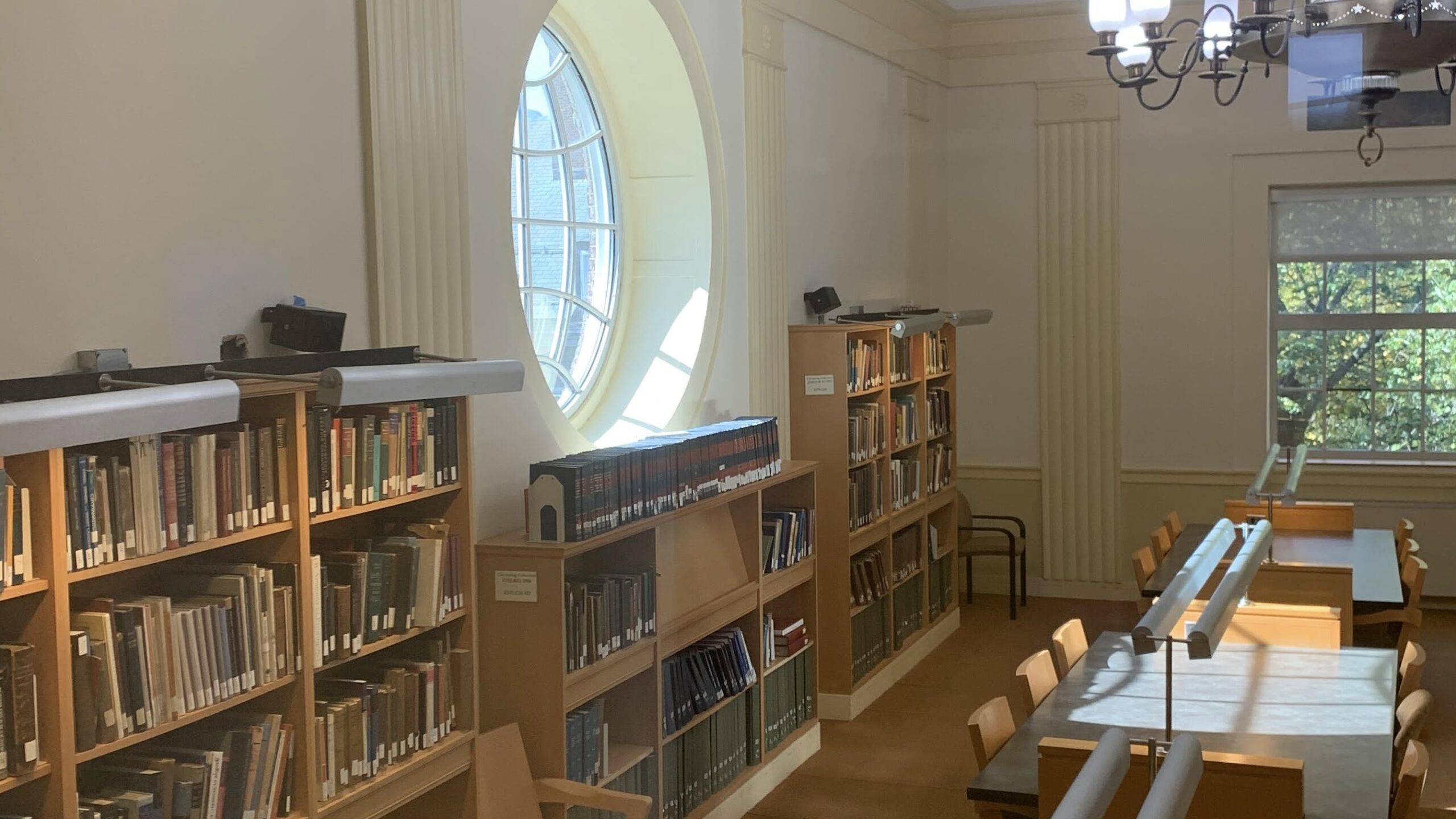
blog 01. rekindling curiosity in academia
A common piece of advice I received as a prospective college student in high school was to learn how to teach myself, because high school would be the last time I’d have my hand held through lessons and assignments. As someone who has always felt that I learned best from being taught a concept, I couldn’t wrap my head around how attending college lectures wouldn’t be helpful in learning and understanding the material.
It was only when I began my freshman year of college and attended a few lectures for myself where I recognized how this disparity could exist. As a sophomore now, I’ve recognized that learning in academic institutions, at present, is not about gaining knowledge, enrichment, or strengthening one’s own ability to think for themselves as it may well be advertised to be. Each course is instead a mission to understand a professor, what types of questions they may ask, and, most importantly, how to ace their exams. Strategy and the pursuit of bigger and bigger numbers is held well above all else at the expense of receiving an actual, beneficial education.
Although this is evident throughout some of middle and most of high school, the shortcomings of the education system truly stands out in college. Many of the formalities upheld in high school for the sake of obscuring much of school’s incompetence are abandoned in higher education. With pretenses stripped away, the failures of our current education system become glaringly obvious.
The truth of the matter is that the education system, as it currently is, is not meant to foster a love for learning. Rooted in dated teaching and learning techniques, academia now is centuries behind what the scientific research at present advises us to do and not do. There is an urgent need to reprioritize how we approach education and foster a desire to learn in students at all levels.
The truth of the matter is that the education system, as it currently is, is not meant to foster a love for learning.
At the level of higher education, Cathy N. Davidson and Christina Katopodis are two individuals who are dedicated to this cause and in positions in the City University of New York to bring long delayed change to revamp the education system. I, like many of the CUNY Peer Leaders of the 2022-2023 cohort have shared, am passionate about learning. However, most of my pursuit for knowledge is done in private, with school sometimes even serving as an obstacle to being able to dedicate time and energy to truly seeking education. To incorporate this pure, unbridled desire to know into higher education can seem like an infeasible task. But in The New College Classroom, Davidson and Katopodis provide an informative guide to demonstrate how it is very much possible through scientifically backed methods in active learning.
Adjusting to refocusing education back onto true knowledge will undoubtedly require a lot of work from people at all levels, including students, professors, and administrative authorities. In fact, many students would deem it a burden to take the effort to truly understand and care about what they learn. However, the long term benefits this will have on the depth of students’ cognition not only makes this endeavor an important step for the advancement of academic institutions, but also a moral obligation for such facilities to truly adopt the purpose for which they have been created.


